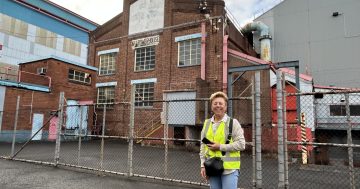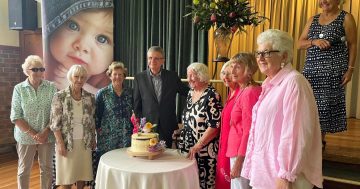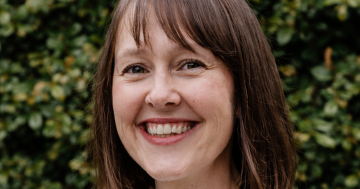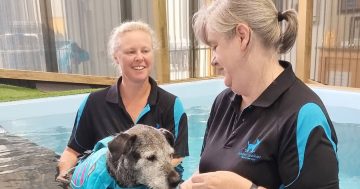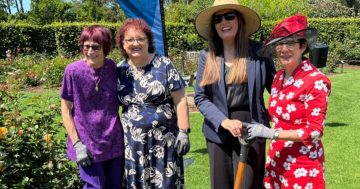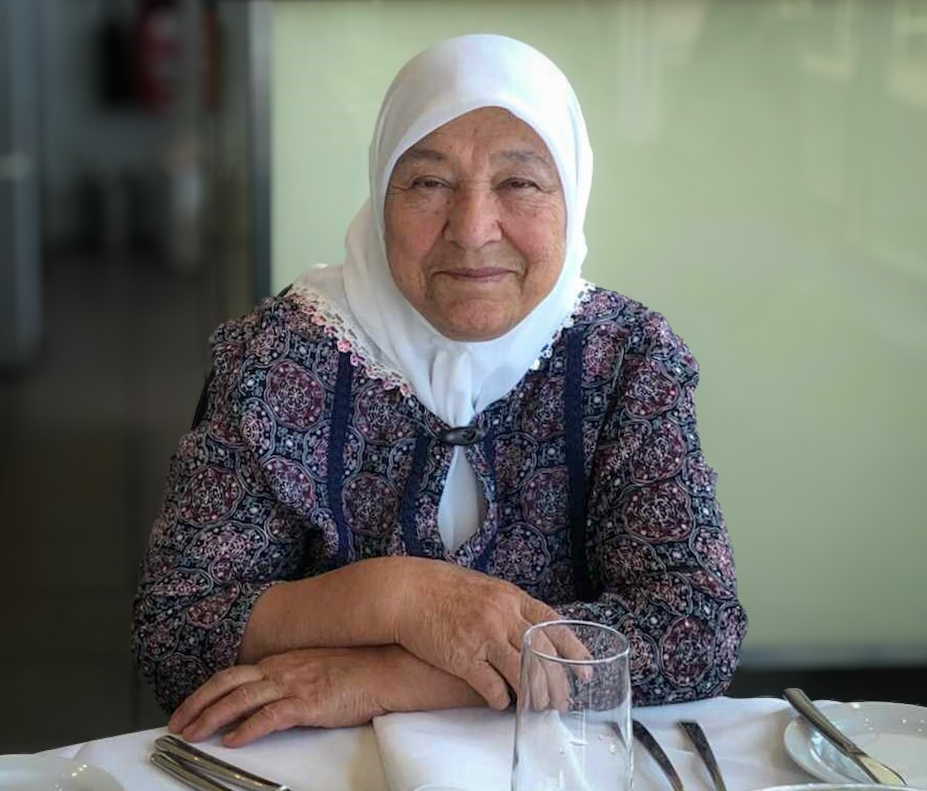
Fatma Saglica left an indelible mark on the Illawarra community before she died at the age of 82. Photo: Nuray Basoglu.
The death of 82-year-old Fatma Saglica last year was a profound loss for the Wollongong community.
In addition to the hole left in the lives of her family and many friends, Fatma was a living piece of Wollongong’s history as an industrial town, a union town, and a welcoming home for people seeking a better life in Australia.
She was one of the original 34 women who took on BHP for its discriminatory hiring policy – and won, in Australia’s first successful class action.
Fatma’s family said that was just one of her remarkable achievements.
Fatma was born in 1941 in Turkey, where she married and had three children.
Her family remembers Fatma always had drive and ambition, and was hard-working.
“Women didn’t really go out to work in Turkey in those times,” her family said.
“So Mum would raise chicks to sell their eggs once the chicks matured, and make a bit of money to look after her family and for her to get ahead.
”She was very ambitious that way; she did beautiful knitting, baby clothes and blankets, so people would also ask her to knit things for them to buy.”
Fatma and her young family moved to Australia in 1974 when she was 33 years old, and she promptly began full-time work, continuing until she reached retirement age.
Her first job was in Sydney, at the television factory.
She rose early and got ready in the dark to catch the 6 am bus the factory had for women workers from Wollongong, and returned home at 6 pm.
After six years, she had the opportunity to take a job at the Port Kembla Steelworks, and she leapt at the chance to be closer to home and earn better money.
Keen to achieve her ambition of buying a home, Fatma always accepted extra shifts, and in addition to supporting her husband and three children, she was able to realise her dream.
“She would always push herself to go to work, she didn’t want to let people down,” her family said.
“While we were at school and at home she was constantly working, paying the bills and providing for her family.
“She got more freedom when she started working and earning her own money, and she wanted to hang on to that, it was her strength, and eventually she was able to purchase her own home.
“Whenever we had the time to catch up over breakfast or dinner, she would talk to us about Turkey and her family.”
When women’s jobs at the steelworks were threatened in the 1980s, Fatma became part of the ”Jobs for Women” campaign that changed the face of industrial relations in Australia forever.
Fatma was prepared to stand up and testify in court for her rights and the rights of the women she worked with, even though she did not speak English fluently.
“It was really good for her, she was really happy when it went through and they won, and she made friends out of that too,” her family said.
“Mum was the main earner and she had to get a good job to be able to pay the rent and put food on the table and support us – we were only young, we were at school.”
Fatma’s kindness and generosity won her many friends throughout her life, and her family remembers her knack for keeping in touch with people.
Social and independent, Fatma was happiest when she was near the beach.
She loved the sound of the waves and the cool breeze off the water.
The sunroom in her home offered a glimpse of the ocean, and was her favourite place to sit, knit and watch the world go by.
She also loved going for picnics with her family, which grew from three children to eight grandchildren and seven great-grandchildren.
“When she retired, she got to spend more time with her grandchildren and she loved family get-togethers,” her family said.
She loved visits from her grandchildren.
Fatma was able to visit her family in Turkey four or five times after she moved to Australia, although the hard-working mother-of-three had to wait for her retirement to travel overseas.
Although her body was slowing down as she aged, Fatma was still an independent, determined woman, and at 82 she took her last trip home to Turkey to visit her family.
While there, she fell ill and was admitted to an intensive care unit. When it became clear she wasn’t improving, her family travelled over to see if they could bring Fatma home to Australia.
Sadly, it wasn’t to be.
Her prayer service at Bilal Mosque in Cringila was attended by dozens of people whose lives she had touched.
“Because she passed overseas, we had a prayer service there to send her off, but we also wanted her family and friends here to be able to say goodbye,” her family said.
“We thought maybe 10 or 12 people would come, but one of Mum’s friends told us we would need more room.
“In the end, about 50 people turned up, and it was really good to see everyone pray to send her soul off. We feel like we’ve done our part as her children.”










